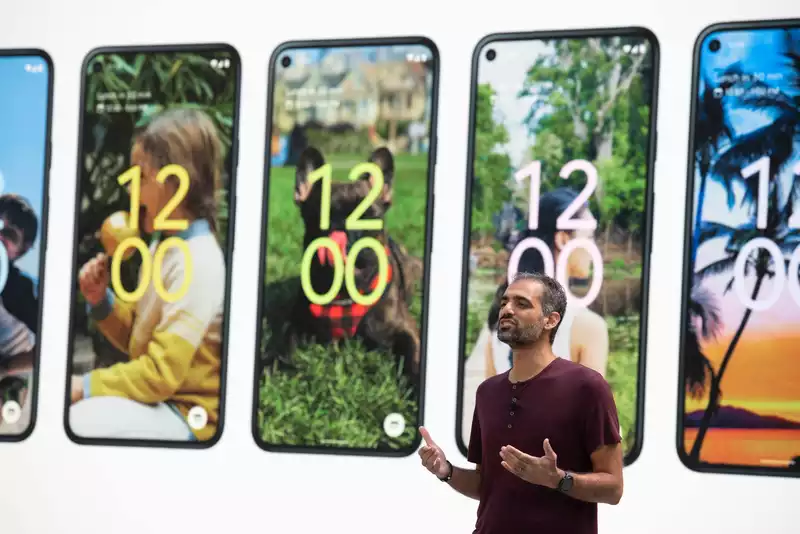Android 12 may be taking a page from iOS with its recent decision to lock down fundamental aspects of the UX.
As reported by XDA Developers, the share sheet (a small menu of apps and contacts that pops up when you press the share button) appears to have lost some customizability. While this is a small change, it may reflect a major change in how Android will function in the future and may be unpopular with its biggest fans.
Currently, Android allows developers and device manufacturers to customize the appearance of share sheets for use within their apps, and users can download third-party share sheets to use instead. iOS share sheets can be accessed from anywhere and In contrast, iOS share sheets look and behave the same no matter where they are accessed.
With Android 12, however, it appears that Google no longer intends to offer this freedom. When a developer of the third-party ShareSheet Sharedr left a message on the Android Open Source Project's IssueTracker complaining that his app did not work with Android 12, a Google representative replied:
We did not intend to allow your app to replace the sharing dialog. It is becoming more and more impossible to replace the share dialog: it is not possible to implement the direct sharing part of the UI, the personal and work profile tabs in R, etc. This is not something the app is capable of replacing.
The rest of the thread has some unimpressed responses to this, but the bottom line is that there is no way around using Google's default share sheet in Android 12. But as XDA points out, it is not clear whether this applies only to app developers, or whether handset manufacturer versions of Android, such as Samsung's One UI and OnePlus' OxygenOS, will also be prohibited from making these changes. Either way, unless Google really improves the current awful and unreliable sharing menu, this could become a real nuisance to lock down.
Android has always been more open to user tinkering than iOS, thanks to its open source core. Even though the shared sheet is only a small part of the overall Android experience, it may mark the beginning of a major change that asserts Google as the final authority on how Android works, rather than the caretaker it currently is.
The fascinating part of so-called "walled gardens" like iOS and the Apple ecosystem is that everything ties together logically and can lead to a great user experience where the software works in harmony with the hardware. What is lost, however, is user choice and the freedom to change things to suit personal preferences. If Android 12 follows the path of iOS, it may be a good thing for the average Android phone owner, but not for the most dedicated user.
Blocking third-party developers is definitely bad enough, but if Google stops making changes to Android's custom launchers as well, this will be a tragedy. The individual personalities and feature sets of Android phone manufacturers for Android are an important part of the phone buying experience. Limiting this feature set for Samsung, OnePlus, etc., would prove to be very unpopular with long-time users of these brands' devices who are accustomed to that company's own set of optimizations.
With a few months still to go before the stable version of Android 12 begins to roll out to devices, it is possible that this story will develop further or that similar stories about other features will be added. If this is the start of a trend and there is no significant competition offering a similar level of customization, Android developers and fans who currently enjoy the freedom to tinker will have nowhere to go.










Comments